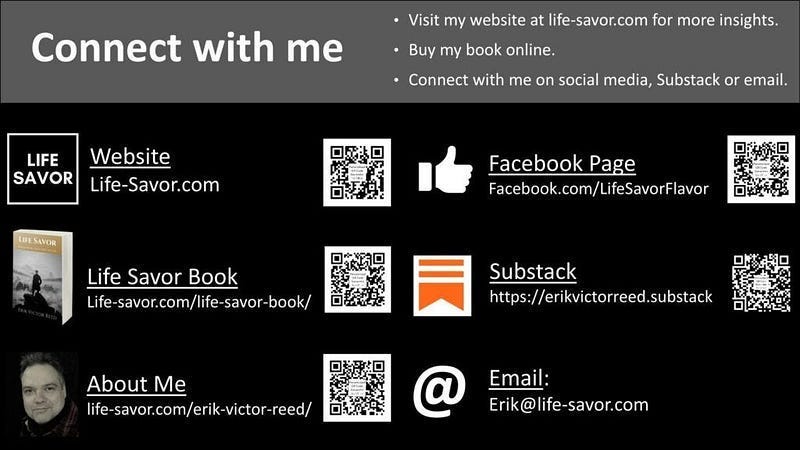Too often, expectations crush the life they’re meant to save
We all know the feeling. Expectations press in like a fog, filling our head with shoulds and musts. A grade, a job title, a social standing. One misstep feels catastrophic, as if the whole life we’ve imagined will implode.
Sometimes the cost of those expectations is devastating. In my own community, I’ve seen young people take their lives — not because of incurable illness or unbearable physical pain, but because of grades, popularity, or not meeting other expectations. They felt these burdens were enough to cancel out the staggering privilege of being alive. I was furious, horrified. How could they throw away what I treasured so dearly — the sheer gift of existence — over something so small?
But of course, it doesn’t feel small when you’re in it. With enough expectations, getting a B– in school can feel like the beginning of the end: no good college, no law school, no career, no approval from parents or peers. The pressure stretches forward into the future until the present becomes unbearable. In those moments, life feels less like a miracle and more like a minefield.
Why We All Break Down Under Expectations
The truth is, we’ve all felt that collapse of perspective — where a single disappointment becomes the lens through which we see our entire future.
Part of this is evolutionary. Expectations kept our ancestors alive. If you expected a storm, you prepared. If you expected a predator, you sharpened your spear…or ran. Those mental models helped us survive. But survival wiring doesn’t translate neatly into the modern world. Our brains now treat grades, deadlines, or Instagram likes with the same life-or-death urgency.
That wiring leaves us emotionally hostage to our expectations. One moment we’re striving toward a worthy goal; the next, we’re drowning under the story we’ve told ourselves about what “must” happen.
How Perspective Resets the Equation
When we’re lost in that fog, what’s missing is perspective — especially what I call mortal perspective: the awareness that life itself is finite and precious. That life itself is the ultimate value and the most fundamental expectation we should try to revert to.
When we zoom out, we remember: we’re still alive. Still breathing. Still holding a once-in-eternity chance at consciousness. Trillions of atoms in the universe will never feel a sunrise, never pet a dog, never laugh with a friend. But we do. That fact dwarfs a bad grade, a missed promotion, or even a broken heart.
This doesn’t mean expectations are useless. They drive us to grow, to create, to imagine. But when they harden into ultimatums — succeed or you’re nothing — they corrode the very gift they were meant to serve.
The Relief of Remembering
I’ve had my own wake-up calls. At 17, standing on an ice wall in sandals, I came within seconds of losing my life. When I finally scrambled to safety, I collapsed into the dirt and rubbed my hands in the earth — just grateful to feel anything at all. Every day since has been a bonus, an extra gift. And when I catch myself spiraling into expectations, I try to remember that day.
Because the truth is, the expectations that feel like they’ll break us aren’t the ultimate measure. They’re noise on top of the miracle.
A Question to Carry
So the next time you feel crushed by expectations — your own, or someone else’s — pause and ask:
If this were my last day — my last day to breathe, to see, to love — would this expectation really matter?
Chances are, it wouldn’t.
What always matters most is that you got to live at all — and that you’re still alive today.
And if you can remember that — even briefly — you’ll feel the strange relief of knowing that whatever else happens, you’re going to be okay. You’ve already won — just by being alive. And then, even if the expectation stays, your desperation goes away.
For more like this, visit the broader project at life-savor.com, or explore the Life Savor book itself.
To learn more about Life Savor’s philosophy,
read Life Savor: Treasuring Our Gift of Life by Erik Victor Reed.








